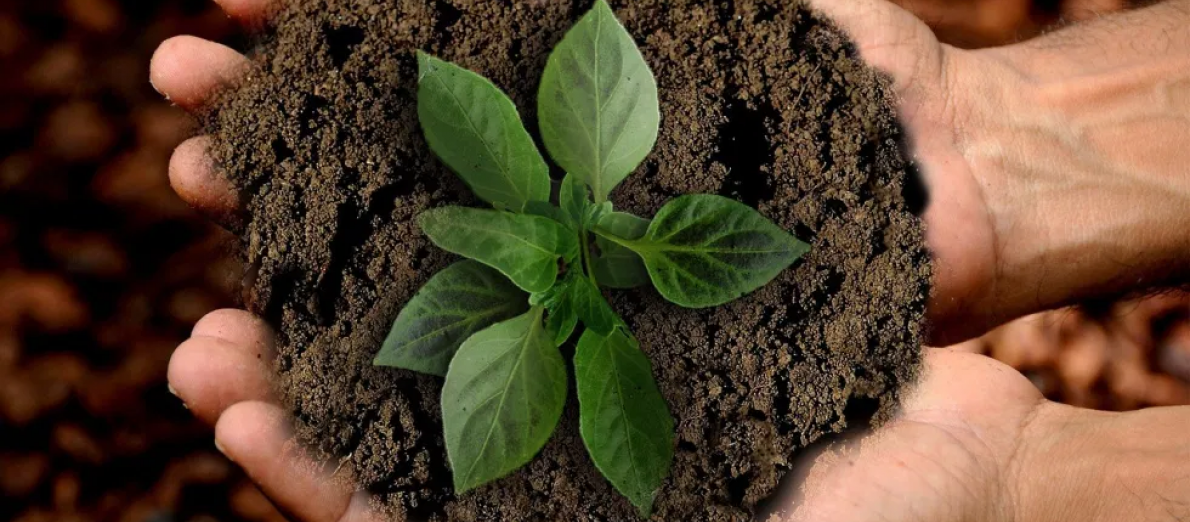Words by Chantal Blake
Modern travel has changed the way we interact with the world. We hop on flights, catch trains, and cross long distances in hours instead of months. Parts ofthe world that once seemed unknown and remote can now be accessed with comfort and ease, thanks to a hospitality industry that leaves no corner of the world out of reach.
However, transport, tourism, and development don’t always benefit the local habitat, community, or economy. Recently, however, a more restorative and conscientious approach known as sustainable travel has emerged to meet current needs without compromising the future. The idea of water recycling, energy conservation and waste reduction may seem revolutionary to some, but these practices are thekind of earth-conscious habits that have preserved our ancestors and planet for millennia. To make your jet-setting more environmentally and socially sustainable, let’s take a look at the critical questions to ask when planning your next trip.
Where to go?
As with all travel, establishing your intention isimportant. What exactly we hope to obtain or experience should be a praiseworthy aim pursued in a principled manner. Don’t let the bucket lists of others influence your travel goals or destinations. Consider exploring your locality and region before crossing the planet. If a long-distance trip is necessary to fulfill religious duties,family obligations or business dealings, try to make themost out of your trip by achieving as many objectives as possible. Imagine a honeymoon that starts with hajj or a business trip that includes an extended layover to visit family. Feeding multiple birds with one piece of bread is the efficient way to go.
How to get there?
While air travel is most convenient, it’s also the least environmentally friendly way to get around. If it is your only option, consider direct flights to minimize the high carbon emissions of take-off and landing. Some airlines have an optional surcharge to offset the carbon footprint of your flight by donating towards tree replanting or conservation efforts. Exploring travel options by sea or land will stretch your travel time, but may also deepen your experience. Meandering through the countrysideby train or bus gives you a glimpse of life outside ofmajor metropolises and urban hubs. Also, consider using a personal car for road trips with family and friends to create unforgettable memories together.
Where to stay?
Sustainable travel doesn’t have to mean camping and compostable toilets. Eco-friendly resorts and sustainable brands around the world have redefined luxury and routinely reduce the waste they produce. Halal Luxury Travel’s partner brands like Six Senses, Banyan Tree, and Anantara demonstrate that quality doesn’t need to be compromised for the cause of sustainability. Make sure the accommodation you choose actively seeks to protect natural resources, support local economies, and preserve natural habitats.
What to do?
If you find yourself entering an unfamiliar country or culture, research the general beliefs and customs of the people, and learn how best to tread respectfully in their land. Find restaurants that serve regional cuisine derived from locally available produce instead of relying on foreign imports. Participate in cultural activities that enhance your understanding of a country in adignified way and compensate artists,professionals, and workers fairly for theirservices. Be wary of zoos and attractionsthat use animals for entertainment, andconsider supporting the work of non-profitorganizations that improve the long-termlivelihood of the species, both human and animal, that they serve.
Why bother?
Sustainability is not just forenvironmentalists and minimalists. The Prophet Muhammad (PBUH) modelled moderation and conservation in personal and public ways. Most of us know about the way he cautioned against wasting water and food, but our blessed Prophet also reminded us to plant trees, cultivatethe land, be kind to animals, and treadgently upon the earth. Beyond faith as a motive, let us consider that we share a finite planet with more than seven billion people. Industrialization and overconsumption are damaging and exploiting the earth in unprecedented
For more information on Chantal Blake and her wonderful posts visit Wayfaring Green Soul




















































